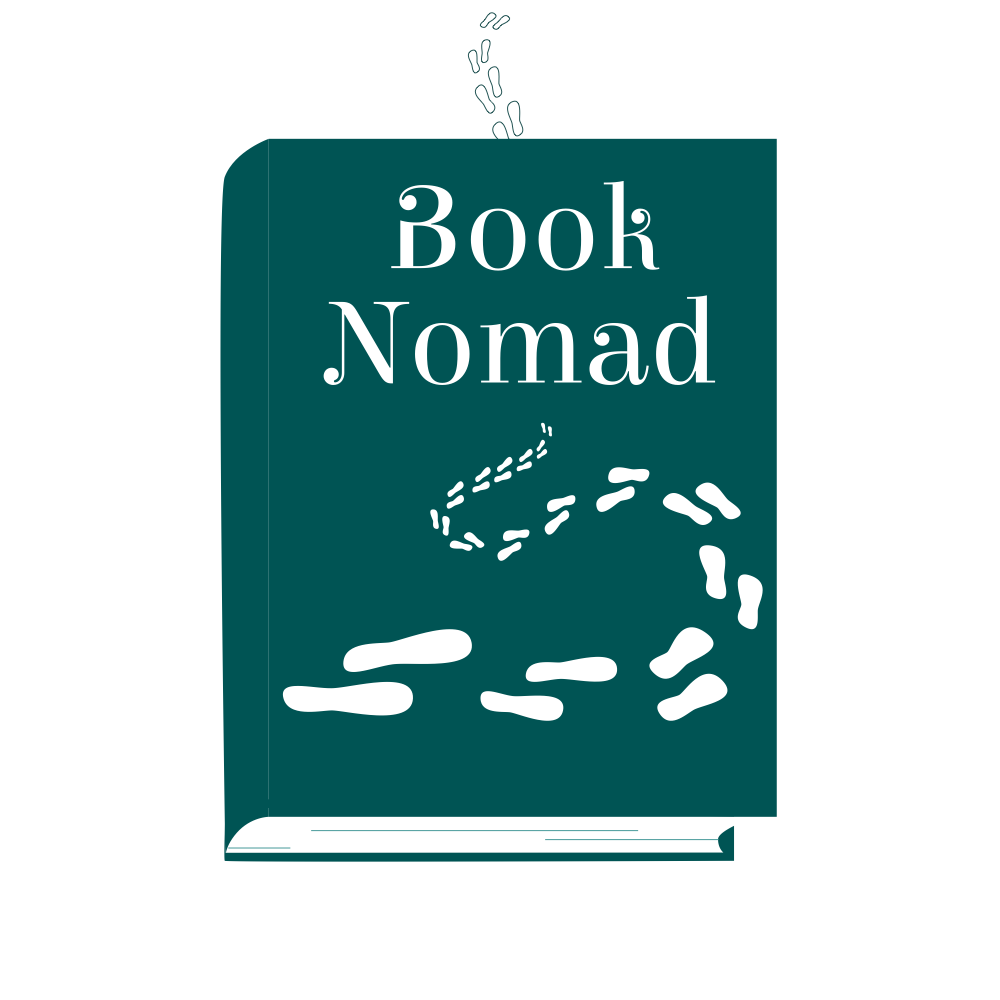In the sci-fi short story collection Exhalation by Ted Chiang, there is a story about a man who debates whether to embrace a new technology that records an individual’s entire life, then uploads it to a database and analyses and organises it. Once done, this processed data then works as the user’s memory, projecting in their technologically-enhanced eyes relevant clips from their history when a person or event is mentioned in conversation or even just if the individual thinks of something for which there is a relevant video. One of the narrator’s conclusions is that humans were made with limited memory, with memories that fade, because that is best for us. Imagine if every experience we have ever lived could be recalled vividly at any moment; not only would we be unable to escape the painful times, but we might also notice things about the best of times that change how we perceive them. This reflection had a deep impact on me, as you can tell from my being able to remember it so clearly a couple of years after reading it!
I’ve been thinking recently about the unforgiving nature of the Internet. In a moment, we have a thought; we might think it’s clever or funny, we might think it could be beneficial to others, we might just feel lonely and want to share a mundane event in our lives to achieve a sense of connection and companionship. We write it in a Facebook status, a Tweet, an Instagram Story and press “Post”. Just like that, it is no longer just ours. It has become the property of the social media platforms, public institutions and all who see it. What happens to it next is entirely out of our control. Most of the time, it might just feature for a few seconds in the consciousness of a handful of people who see it. But sometimes, it becomes much more than that. It can be misconstrued, manipulated, or rediscovered two, five, ten years later and used to destroy your life.
In a way, the Internet is very similar to the technology mentioned in Ted Chiang’s story. However, instead of it only being you who can’t forget, it allows the world to not forget and, if you’re unlucky, not forgive. It can so often mean that a person is not given the privilege of learning and growth and maturing in their ideas and world view. Of course, this communal memory has always been present as long as humans have interacted with each other. Anyone who is part of a community knows things about other people in that community that they would rather was forgotten. But once upon a time, this type of knowledge didn’t spread beyond a few people – people who knew each other well and were willing to give each other a chance, or at least to pretend they had forgotten, because in the end they still had to live with each other. Not to mention, more often than not, people’s mistakes only existed in memory without tangible evidence that could be distributed far and wide, as is the case today. This is part of what it meant to live in society.
What about those who have actually oppressed others and should be held to account? I wonder how many of those who would otherwise be left untouched have actually been brought to justice using social media and the widespread documentation of our lives through video, photos and other recordings. Is the problem the documentation of such incidents or the way the evidence is used next? Can we separate the two or is the distribution of such evidence an unavoidable consequence of how easy it is to record it in the first place? No doubt there have been major triumphs for justice thanks to the ability to record and inform using modern technology. However, are we also meant to forget some minor acts of oppression or infringements on our rights? The more I think about it, the more I wonder if the fact that we are able to record so much actually makes us focus more on small interactions that, while unpleasant in the moment, we might have moved on from quickly if we didn’t have the ability to document it and have it permanently available to look back to.
How do today’s Tweet screenshots, faceless arguments and distribution of an individual’s words far beyond their immediate social circle affect how we live our lives? Do they allow a higher rate of accountability when it comes to people who would otherwise have got away with injustice? Does this accountability fulfil measures of rigour, fairness and transparency? Or is the overwhelming effect a lack of trust, abuse by powers determined to maintain an unjust status quo and an inability for us to grow and develop as individuals and as a community? What can we do to increase the benefits and reduce the negative outcomes?
As you can see, this is a topic that raises a lot of questions to which I don’t have answers. I’m also aware that my questions may seem to be leading, but my opinion is far from set on this! I look forward to your thoughts.


0 Comments